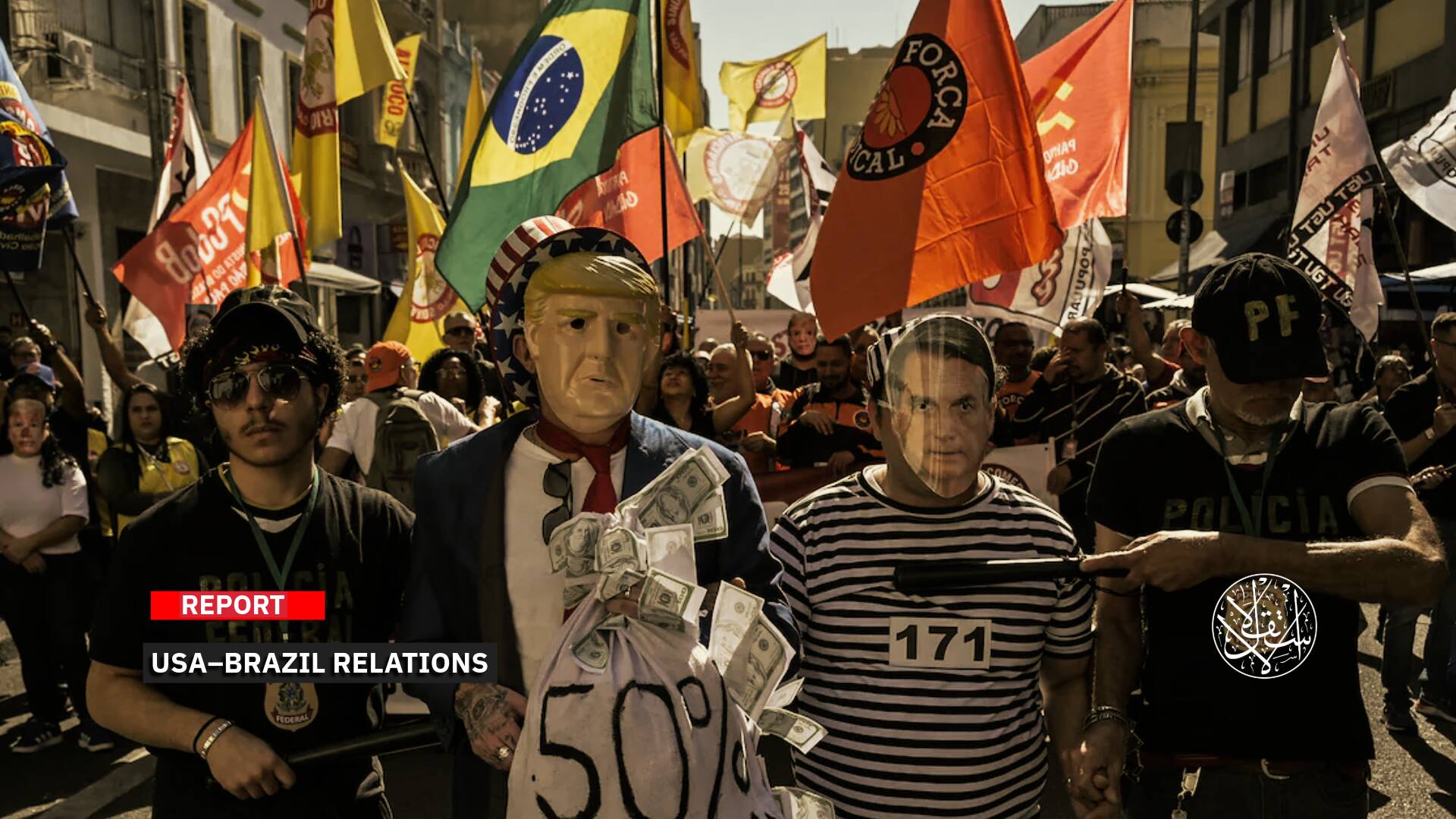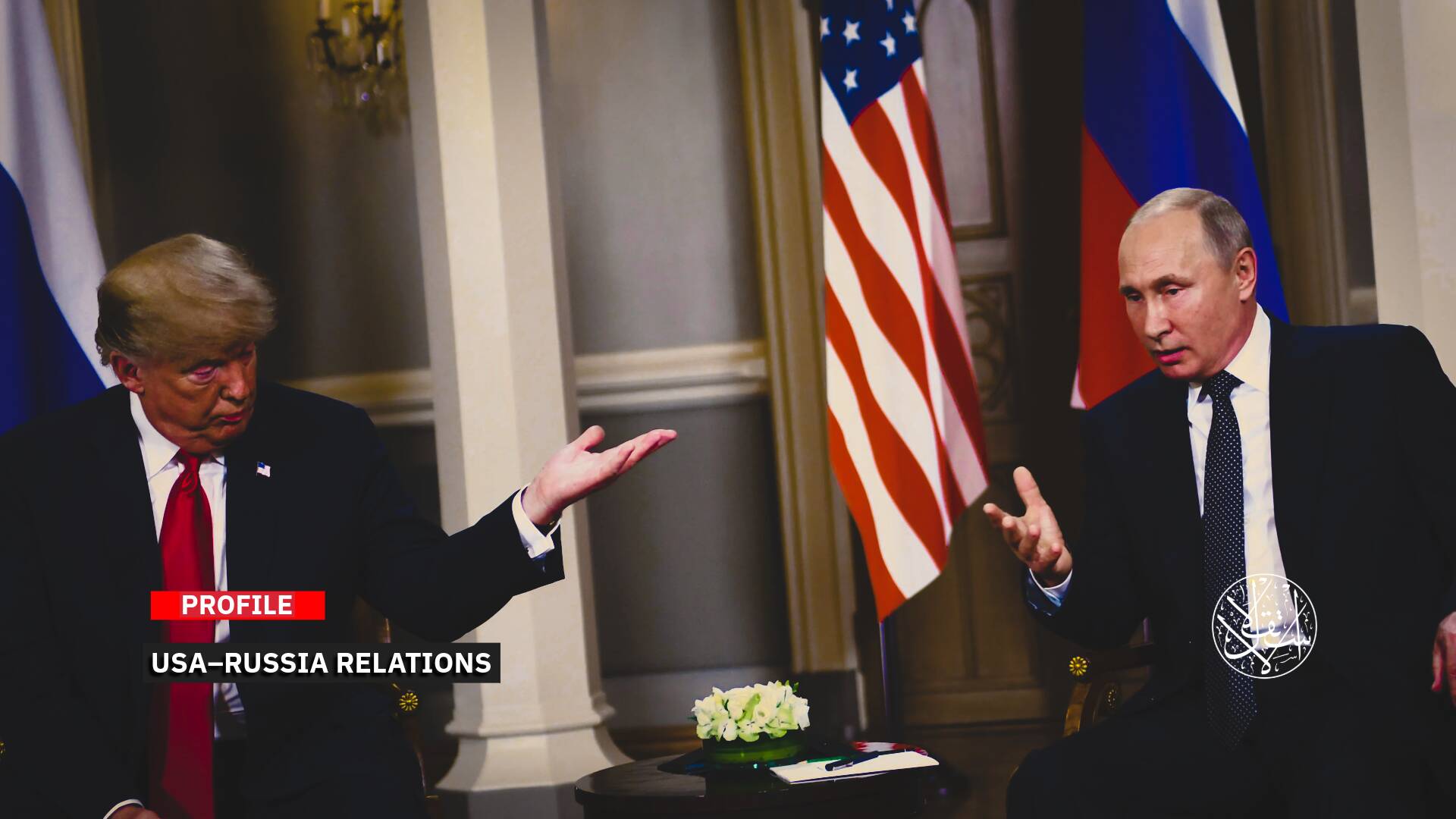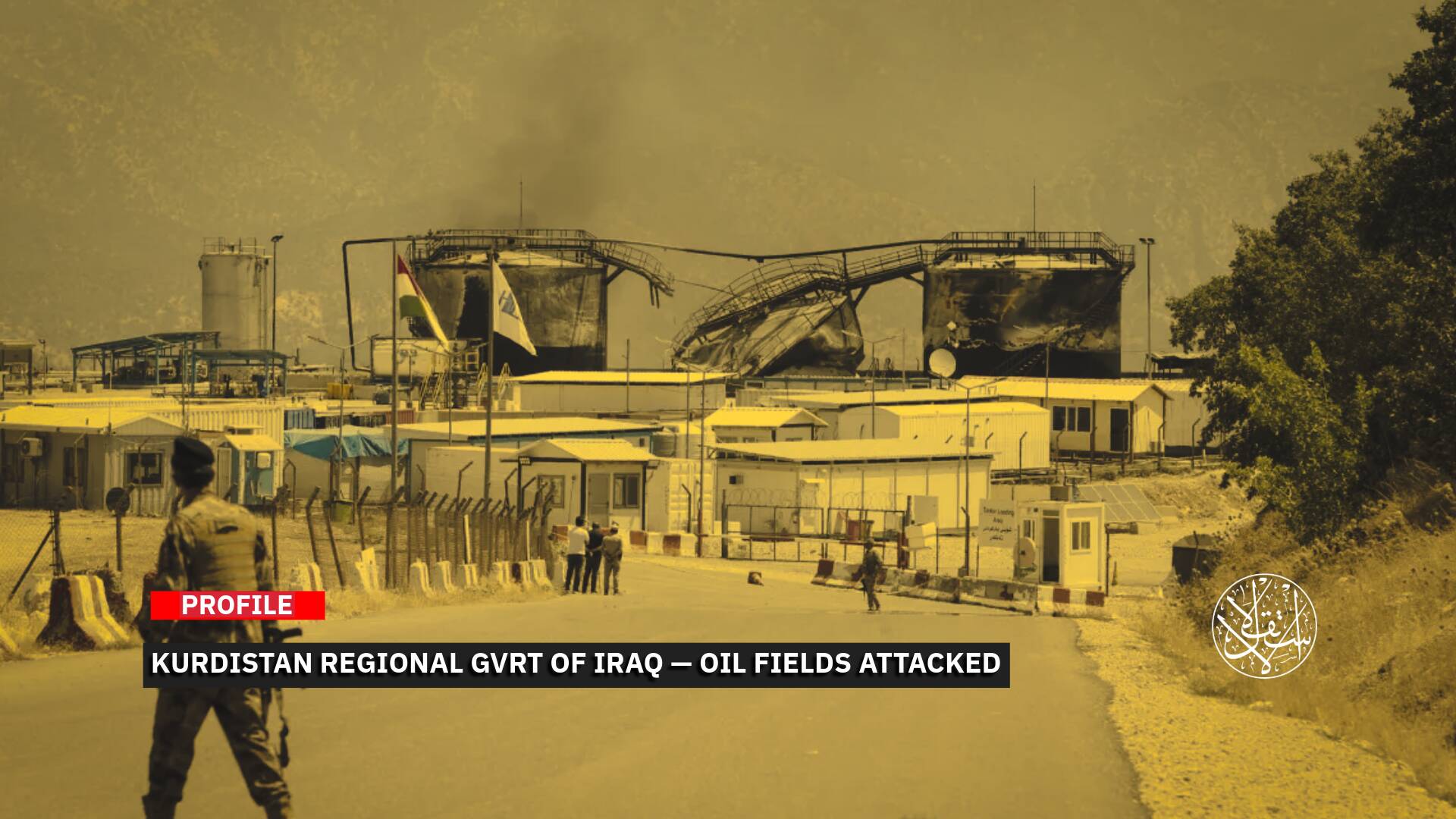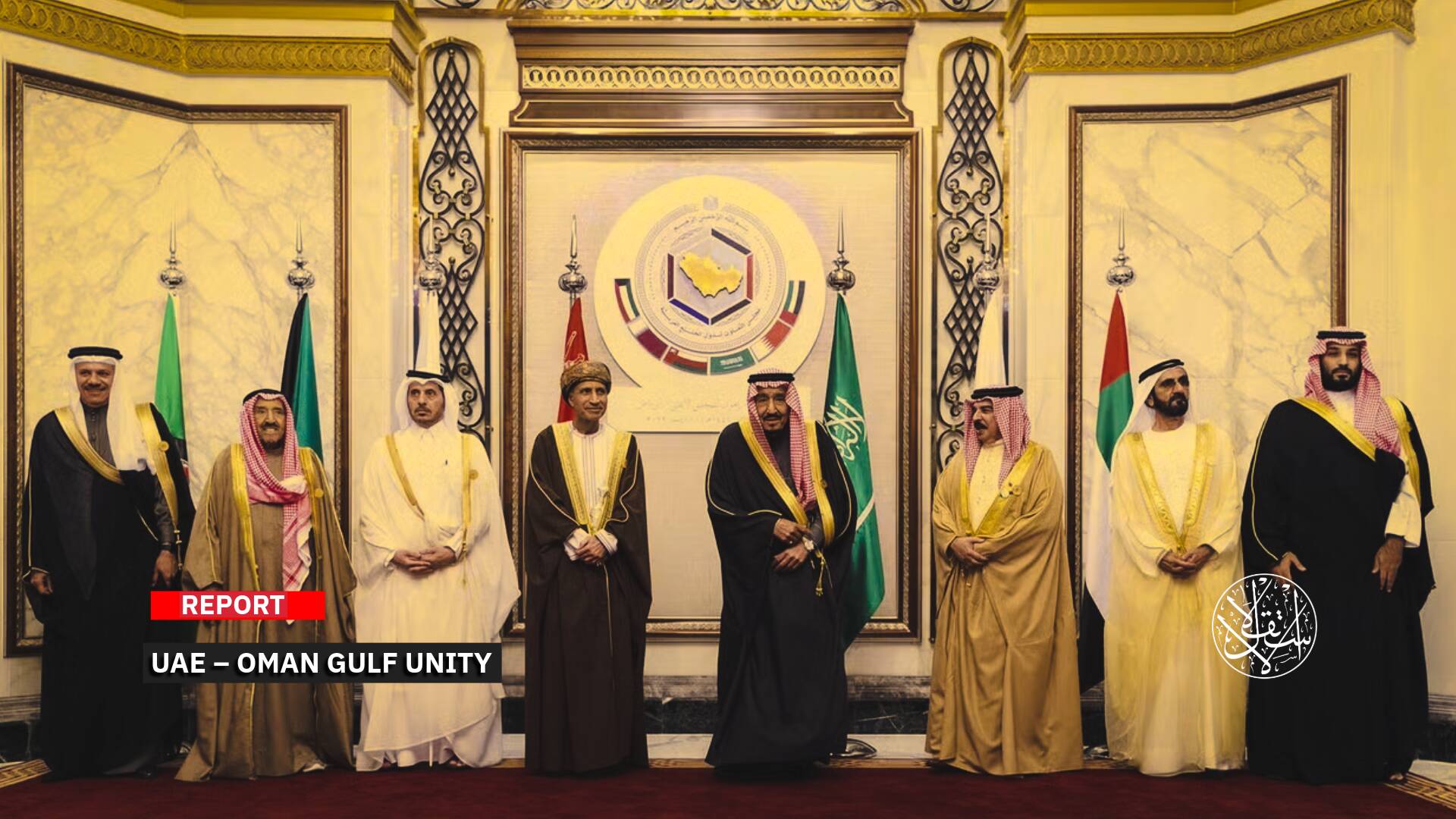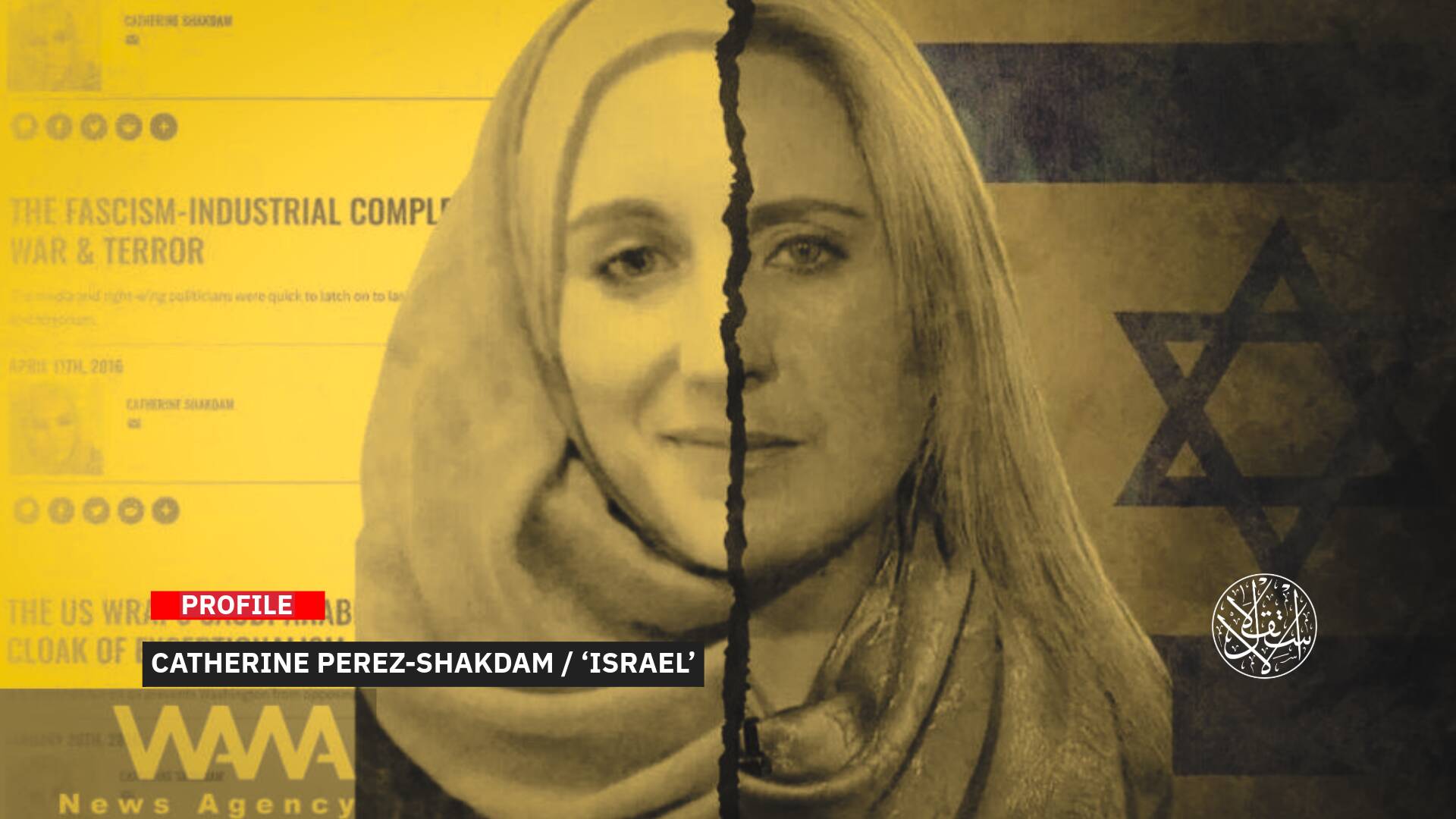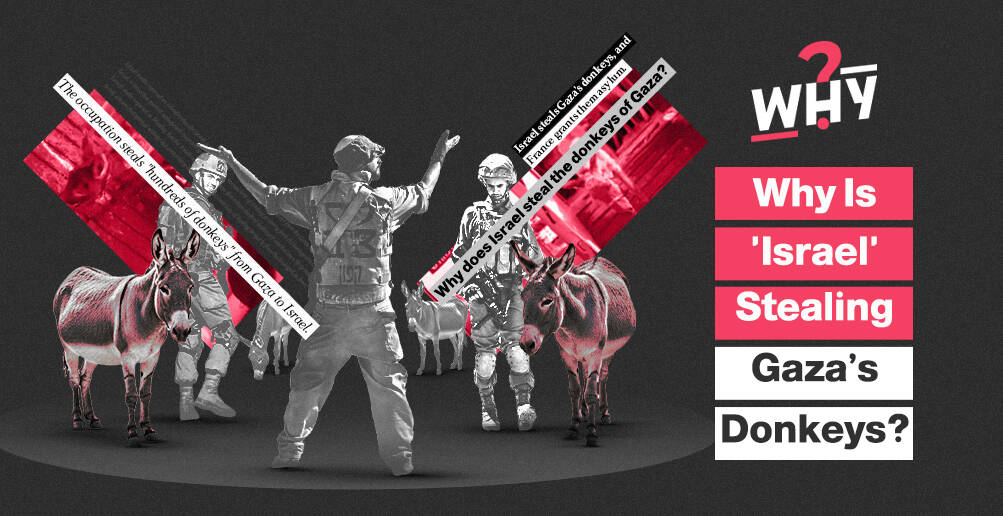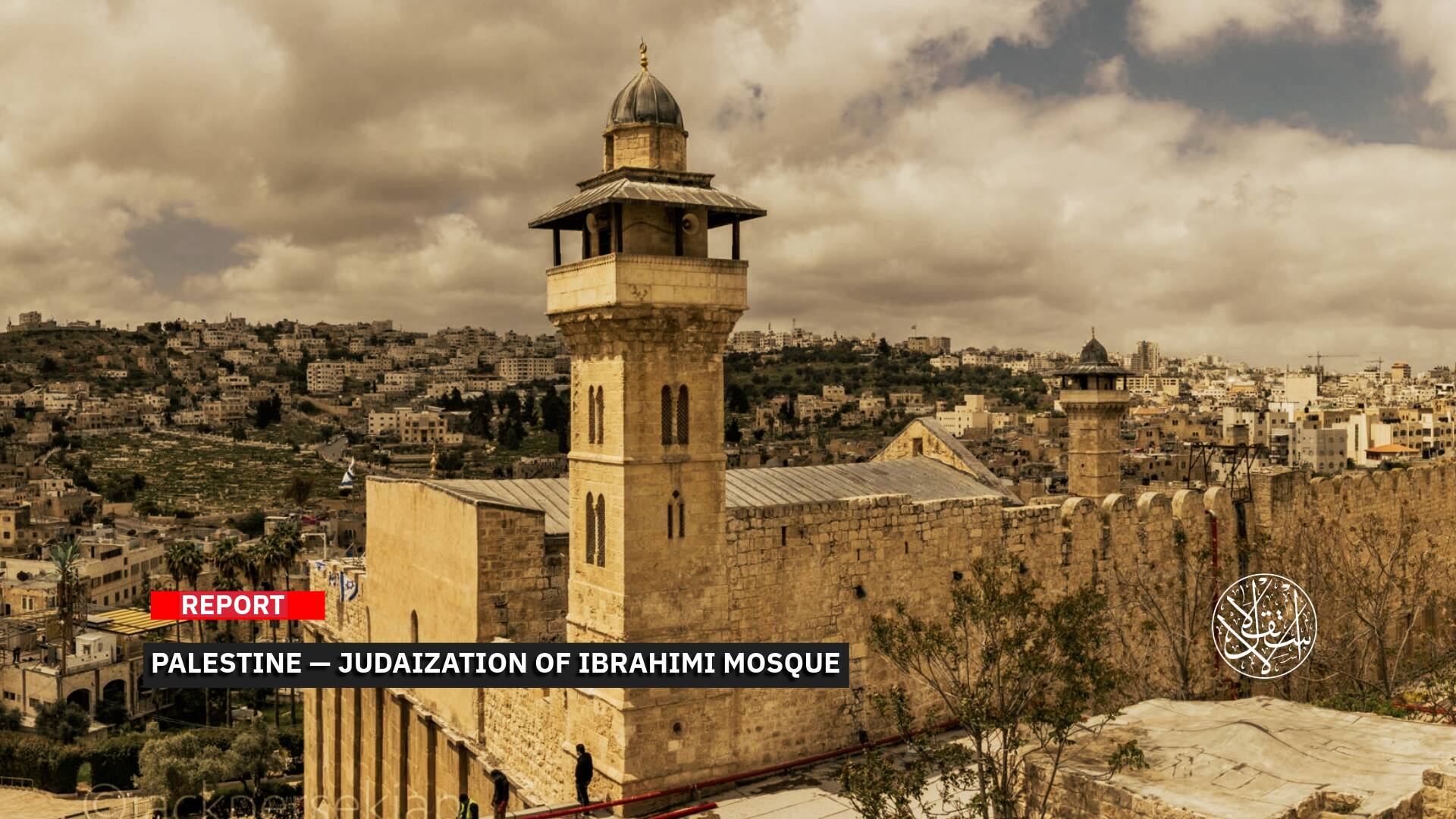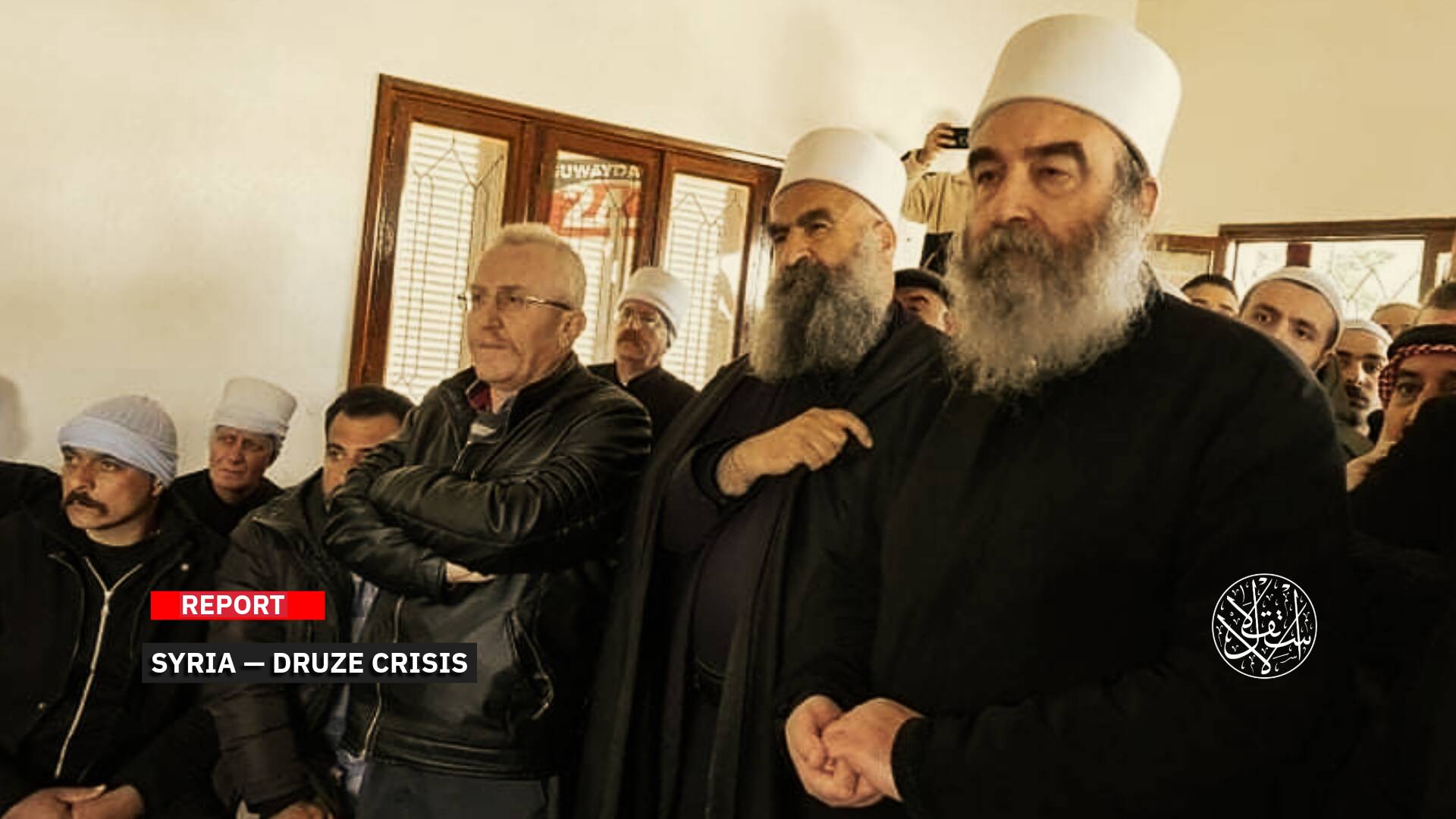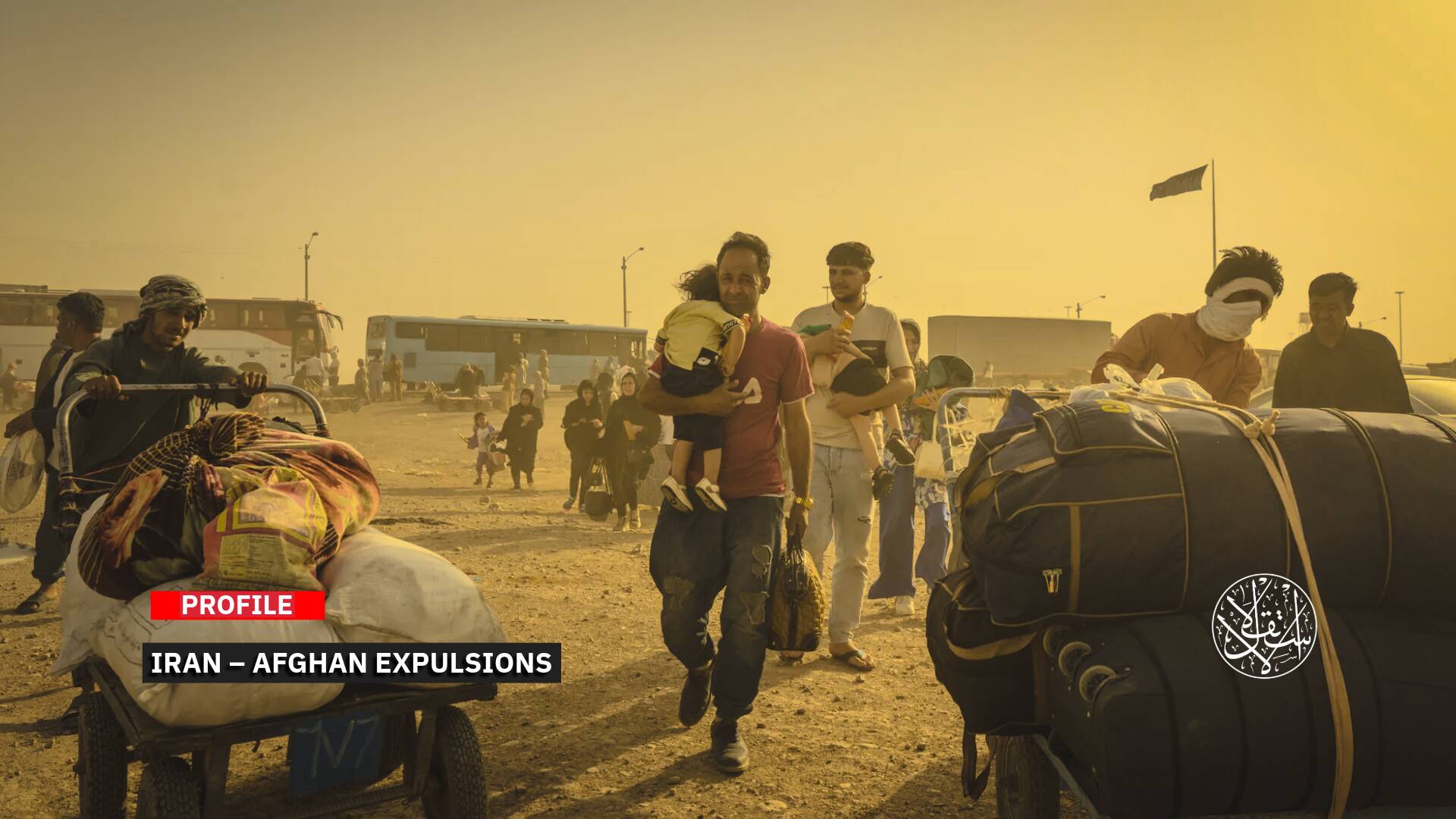Halal Products' Steady Growth in Russia: Competitive Quality or Greater Scope for Muslim Religious Freedom?

The Popularity of halal food has dramatically increased in the Russian market. The number of restaurants and institutions active in this field is growing, and their products are in high demand by Muslims and non-Muslim customers. Questions were raised about the implications and indications of this growth. Does it reflect a greater margin of religious freedom available to Muslims in Russia, or does it reveal the quality of halal products and their ability to compete in an open market?
The increase in the number of halal stores and restaurants is striking in Moscow in particular. After there were only two stores a few years ago, the number gradually increased to reach dozens, in addition to the departments for halal products located within the major malls.
In an interview with Al-Estiklal Khenni Mokhammed, the Mufti of Muslims in Northwest Russia and Member of the Council of Muftis in Russia said: “The halal share of poultry meat consumption in recent years has reached no less than 20%, according to some experts.”
From another side, the head of the quality control department for halal products at the Islamic Center in Moscow, Muhammad Amin Mustafa, revealed to Al-Araby Al-Jadeed newspaper that the demand for Halal products has become much greater now, to the extent that the market popularity has expanded outside Russia. So that the products are exported to other countries that were affiliated with Russia during the era of the former Soviet Union.
In the same context, Rustam Karimov, manager of one of the major restaurants in Moscow, said: “We work with halal products, because they are of high quality, and we order the meat from Kazakhstan. As for the rest of the products we use in preparing burgers and pizza, we buy them from Russia, which are of course halal products also."
High Quality
Mr. Muhammad Amin explained that the demand for halal products and food does not come from Muslims and foreigners only, but rather they attract non-Muslim Russians also. Given their quality, people prefer them to many other products.
It is noteworthy that the demand is growing despite the high prices of halal products compared to the rest of the products in the Russian market. Many reasons stand behind the high cost. Namely, the limited availability of halal products, compared to the abundance of the rest of the products, as the number of factories is few in the center of Moscow, and most of the other units are not factories, but rather they are packaging centers only.
The Ifta Council said, without revealing specific numbers, that the market for halal products throughout Russia is rising at rates between 10% and 15% annually.
Weak Supervision Process
However, Mr. Khenni stressed that it is necessary to point out the weakness of the supervision process ensuring that the Halal products are conforming to laws and Islamic standards. For instance, he said: “there are many centers that provide halal certification without actual control of slaughterhouses and poultry meat factories.”
He added: “The institutions requesting Halal certification in the automatic slaughter of poultry should adopt the same standards specified by the international jurisprudence councils. However, many centers print the certificate and hand it over to the company without conducting a strict investigation about the slaughtering process. The Halal certificate allows the industry to increase the price of goods from 10% to 15%.”
The Mufti clarified: “The certificates are also delivered to various goods. Ironically, I personally witnessed the case of a center handing a Halal certificate to a company that manufactures water purification devices that are used in homes.”
Muslims in Russia
Islam is considered the second religion in Russia in terms of the number of followers. According to official statistics, the number of Muslims in Russia exceeds 25 million people. Furthermore, their number will reach 50 million within the next 15 years, according to a statement of the Grand Mufti Sheikh Rawi Ayn al-Din.
Muslims constitute a majority in seven Russian regions: Ingushetia (about 98%), Chechnya (96%), Dagestan (94%), Kabardino-Balkaria (70%), Karachay-Cherkessia (63%), and Bashkiria (63%). and Tatarstan (54%).
The number of Muslims in Russia is increasing annually, due to the high birth rate in the regions inhabited by a Muslim majority in addition to the influx of immigrants from Central Asian countries and Azerbaijan to the Russian lands.
It should be noted that most Muslims in Russia are Sunnis who follow the Hanafi and Shafi’i schools. About 40% of people in Russia historically adhere to Islam, including peoples living in the Volga region, the Urals and in Siberia.
Freedom of Religion
The Mufti of Moscow, and the Deputy Head of the Religious Department, Sheikh Ildar Alaeddinov said: “We as Muslims in Russia differ from Muslims in America, for example, or Europe. Muslims have been in Russia for 1100 years, and we are absolutely free to practice our religious rituals and duties, and we enjoy full citizenship rights without derogation.”
He explained that the relationship between Russian Muslims and all religions and sects is based on love and cooperation for the good of the country.
He emphasized that the follow-ups on the Internet to the sermons and lectures broadcast by the religious department reach very high numbers. With close to a quarter of a million followers, the religious departments try to spread awareness to Muslims in Russia.
The new Constitution of the Russian Federation, which was adopted in 1991 after the fall of the Soviet Union, protects the freedom of religion and belief, including for Muslims. It is an implicit acknowledgment of the Islamic religion.
Mr. Khenni told Al-Estiklal that the spread of halal products is a depiction of this freedom after Russia's openness to the world and its adoption of various international standards to increase its competitive shares in the global economic market. The Russian poultry market, for example, is considered one of the largest in the world, with more than 5 million tons annually.
While the European countries are banning Halal slaughters under the pretext of protecting animal rights, Russia embraces halal standards to be an alternative source of food for Russian Muslims and even for European Muslims.
The Russian Ministry of Agriculture and Livestock decided to legalize the process of slaughtering animals and birds, after adopting international standards in late 2002. This is in addition to other laws that preceded this step, such as the Freedom of Belief Act adopted in 1997 and the laws on consumer protection.





